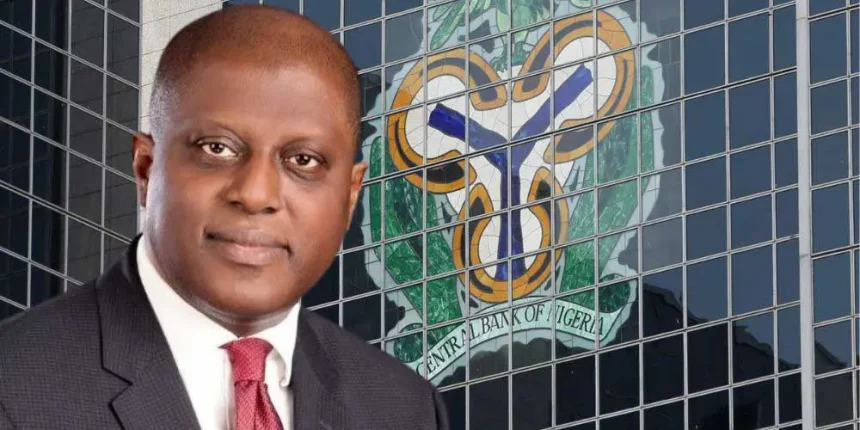The Central Bank of Nigeria (CBN) has revealed that Unstructured Supplementary Service Data (USSD) transactions recorded significant growth in the first half of 2024, reaching 252.06 million transactions worth N2.19 trillion. This marks 45.3% of the total value and 40% of the volume of transactions recorded via USSD in 2023, which stood at N4.84 trillion across 630.6 million transactions.
Initially developed by telecommunications companies for airtime and subscription services, USSD has become a critical tool in the banking sector, enabling users without internet access to perform financial transactions. This service plays a key role in Nigeria’s financial inclusion strategy, particularly in rural areas where internet connectivity remains unreliable.
While USSD remains popular for quick and convenient financial transactions, it faces challenges stemming from a longstanding debt crisis. For over six years, banks have reportedly failed to fulfill payment obligations to telecom operators for USSD services, with the debt now exceeding N250 billion.
Gbenga Adebayo, Chairman of the Association of Licensed Telecommunications Operators of Nigeria (ALTON), expressed concern over the issue, noting that banks continue to profit from USSD services without settling their debts. He stated that smaller banks have made progress in repaying their obligations, but tier-one lenders responsible for the bulk of the debt have yet to make significant payments.
Despite these financial hurdles, USSD remains a dominant transaction channel, reflecting its importance in Nigeria’s shift towards cashless payments. Other electronic payment methods, such as Automated Teller Machine (ATM) and Point-of-Sale (POS) transactions, have also experienced substantial growth.
ATM transactions accounted for 496.44 million transactions worth N12.21 trillion in the first half of 2024, indicating a strong preference for electronic payment systems across the country. The rise in POS transactions further underscores the ongoing transition to a cashless economy.
As stakeholders continue to address the USSD debt crisis, its role in driving financial inclusion remains undisputed, particularly for underserved populations in Nigeria. However, resolving the debt impasse is crucial to ensuring the sustainability of this vital service.




